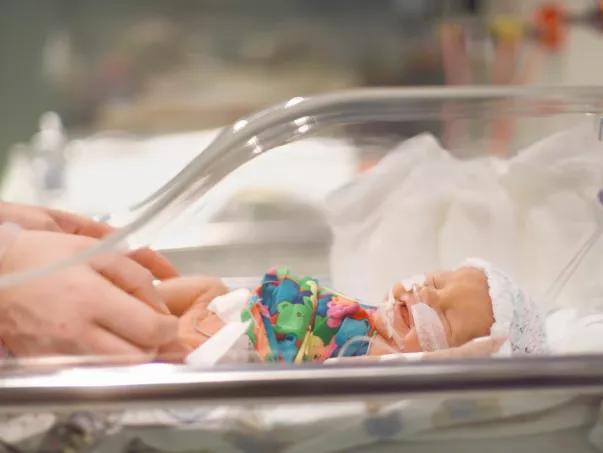Parents of premature babies to get paid leave

At the moment, the law says that if your baby is born prematurely and you have not yet started your maternity leave, your maternity leave will start on the day after the birth. There is no flexibility over the start of your leave.
However, Rishi Sunak will announce today that new mothers and fathers will be able to claim statutory paid leave for every week their child is in neonatal care, up to a maximum of 12 weeks. This will be in addition to the usual maternity and paternity leave families are entitled to.
The government will pay for this extra leave, rather than businesses, easing the pressure on parents who find themselves spending a lot of time in hospital after their baby’s birth.
“Around 60,000 babies are born prematurely each year in the UK every year. This can be a traumatic experience. Not only are parents worried about their baby’s health, but many are also faced with the financial pressure that comes with spending so much time in the baby unit. This change in law will make a huge difference to these parent’s lives.”
Sophie, Tommy’s midwife
This change comes after years of campaigning from The Smallest Things, a charity run entirely by volunteers whose own children were born early.
“We’ve done it! As parents who spent the first days, weeks or months of our children’s lives in neonatal intensive care units, we are over the moon that the worry of work and pay will be eased for the incubator watchers who follow in our footsteps. As a charity, we are delighted that our hard work and campaigning has paid off. This will make a difference to so many families at the toughest times in their lives when the health of their babies needs to be top priority.”
Catriona Ogilvy, Founder of The Smallest Things
Read more
-
Read more about 'Using a birth ball '
 Being pregnant blogs
Being pregnant blogsUsing a birth ball
-
Read more about 'Anxiety and obsessive compulsive disorder - Sarah's story '
 Being pregnant blogs
Being pregnant blogsAnxiety and obsessive compulsive disorder - Sarah's story
-
Read more about 'I heard a heartbeat and other news '
 Being pregnant blogs
Being pregnant blogsI heard a heartbeat and other news
-
Read more about 'Coping with unknowns: reclaiming control whilst pregnant in a pandemic '
 Being pregnant blogs
Being pregnant blogsCoping with unknowns: reclaiming control whilst pregnant in a pandemic
